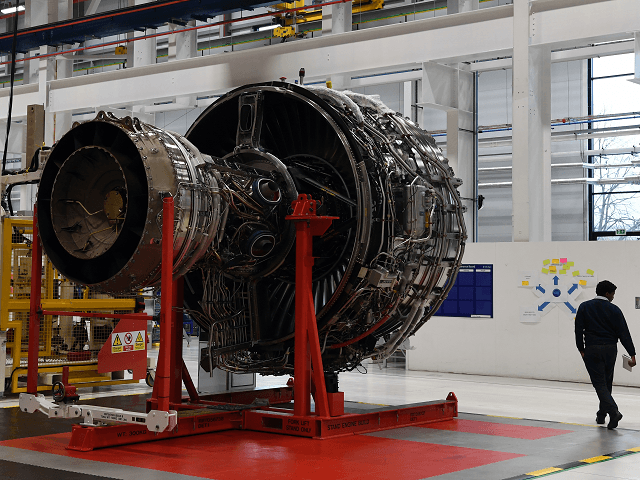British industry “boomed back to life” as 2016 drew to a close, defying the establishment forecasters who predicted an “immediate and profound shock” to the economy in the event of a vote to leave the European Union (EU).
The Telepgraph reports industrial output increased by 2.1 per cent in November, supported by a strong showing from the manufacturing sector.
Manufacturing output was up 1.3 per cent month-on-month, according to the Office for National Statistics (ONS), with standout, double-digit growth in the pharmaceuticals sector.
There have been a number of high-profile commitments in pharmaceuticals since the referendum: GlaxoSmithKline and Google’s Verily announced a £540 million investment in bioelectronic medicines research; AstraZeneca announced a £330 million investment in life sciences research in Cambridge; and Glaxo also announced a further £275 million investment to boost production at sites in Durham, Hertfordshire, and Montrose, Scotland.
John Longworth, the former Director-General of the British Chambers of Commerce who now co-chairs Leave Means Leave, told Breitbart London that the “strong manufacturing figures add a further building block to a remarkably strong UK economy”.
“We have seen an avalanche of positive economic indicators, all of which defy the predictions of the gloom-merchants.”
Exports have also increased, with Paul Hollingsworth, an economist with Capital Economics, suggesting that “the drop in the pound is having a positive impact”.
Prior to the referendum, analysts at Deutsche Bank judged that the pound was the most overvalued currency in the world. Having a currency so expensive, coupled with debilitating EU rules which prohibit state aid, proved highly damaging to the competitiveness of certain formerly key industries, such as shipbuilding.
The cheaper pound “is desirable from every point of view”, according to Ashoka Mody, a former Deputy Director of the European and Research departments at the International Monetary Fund (IMF), who now lectures at Princeton University. “The idea that Britain is in crisis or is on its knees before the exchange rate vigilantes is ludicrous.”
Mody estimated “fair value” for the pound at around $1.10.
“There is some likelihood that it is will overshoot and reach parity,” he conceded, “but my reaction as a policy-maker is to ask, ‘What’s the big deal?'”
Lord King, the former Governor of the Bank of England, also believes that a cheaper pound is a good thing, claiming that the British central bank worked to engineer a fall in sterling for years.
King has further argued that Brexit presents “many opportunities”, and the country “should look at it in a much more self-confident way”.

COMMENTS
Please let us know if you're having issues with commenting.